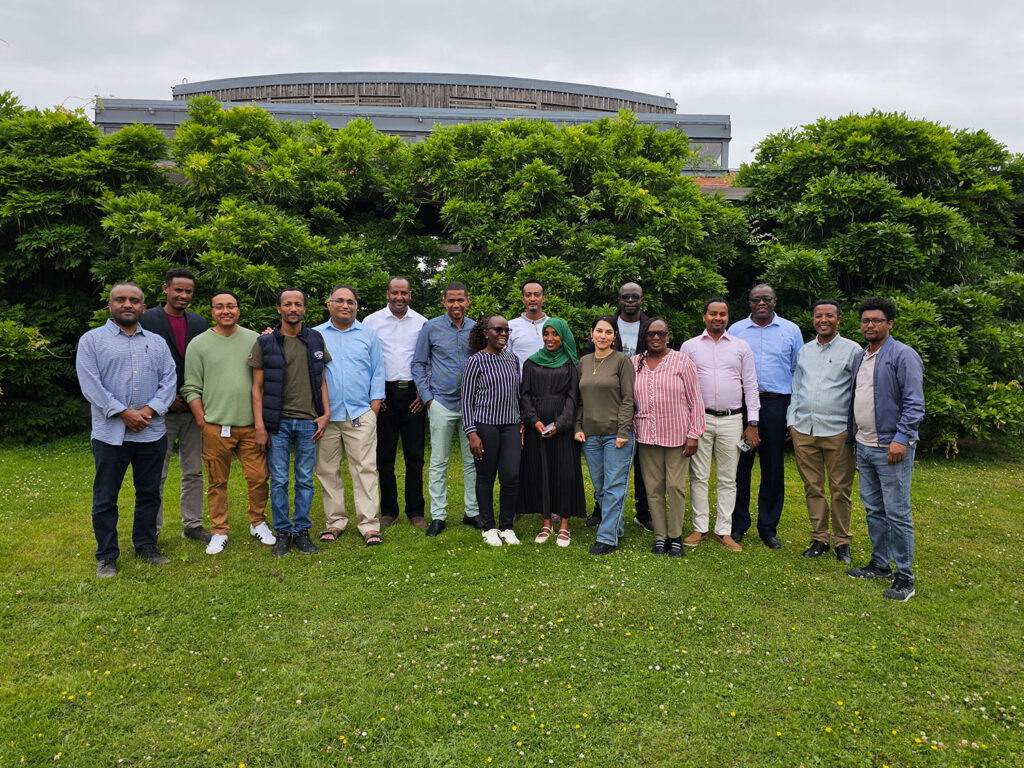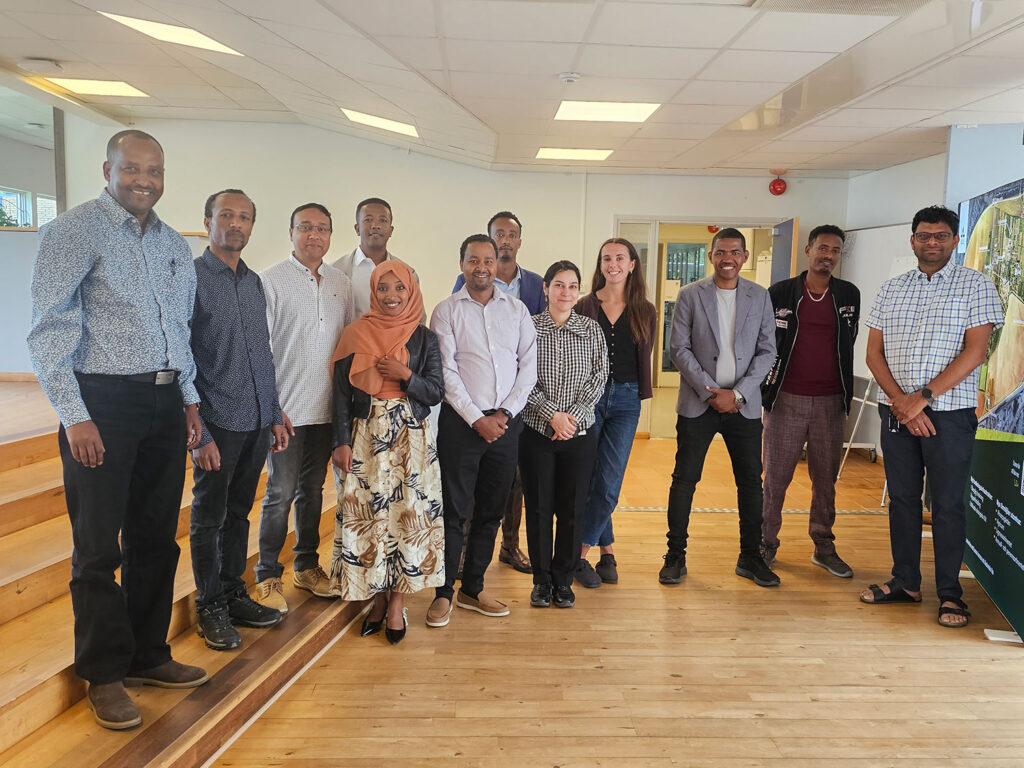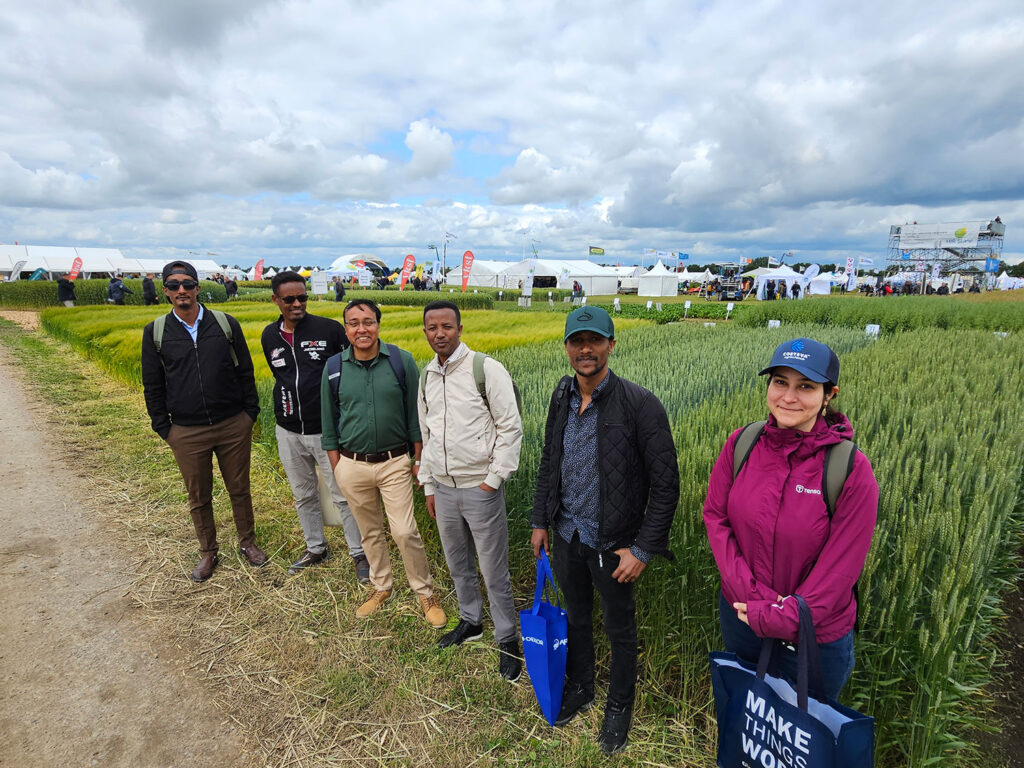From 23rd to 27th June 2025, the Swedish University of Agricultural Sciences (SLU) in Alnarp successfully hosted a week-long international training program titled “Capacity Building in Advanced Molecular Breeding Techniques” under the BREEDTECH project (Erasmus+ Grant No. 101128862). This training was organized as part of Work Package 3, which focuses on strengthening plant breeding and biotechnology education and research.
A total of 12 participants from Kenya and Ethiopia attended the training in person, representing university lecturers, researchers, and graduate students. In addition, many more participants joined online via Zoom, making it a truly hybrid and inclusive learning experience. Staff and students from SLU also took part in the sessions, fostering collaboration and peer learning.
The course featured a rich and diverse program covering cutting-edge topics such as:
- Spray-Induced Gene Silencing (SIGS)
- CRISPR-based gene editing
- Genomic Selection (GS) methodologies
- Nanocarrier technology for agriculture
- Quantifying plant resilience under biotic and abiotic stress
One of the highlights of the training was a full-day field visit to Borgeby Fältdagar, one of Scandinavia’s largest agricultural fairs. Participants explored the latest innovations in agricultural technology, including:
- Demonstration plots from leading breeding companies, technology providers, and universities
- Hands-on exposure to trial fields, crop performance, and smart farming solutions
- Insights into ongoing agricultural research and commercialization efforts in Europe
The training methodology combined expert lectures, hands-on laboratory sessions, field demonstrations, and open discussions. Participant evaluations were overwhelmingly positive, noting the high relevance, clarity, and practical value of the course. Many expressed a strong desire to implement the gained knowledge in their home institutions and local agricultural systems.
This training reflects the BREEDTECH project’s mission to build sustainable capacity in plant breeding across Africa, the Middle East, and Europe.





